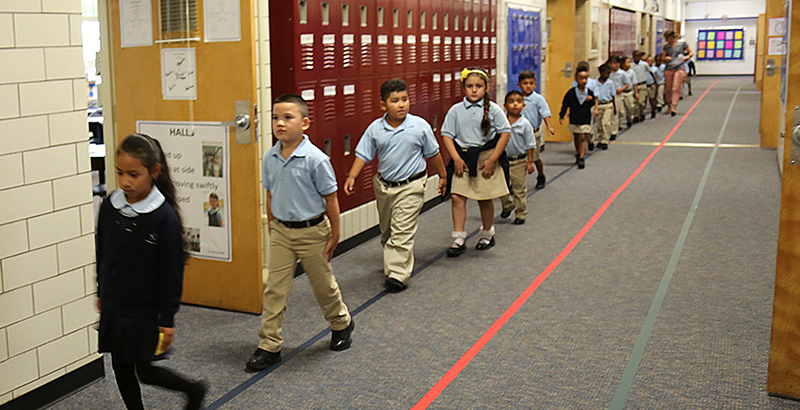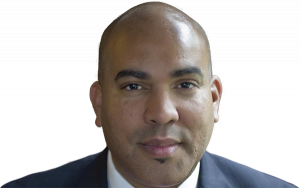Chris Stewart: Yes, It’s School Choice Week. Unfortunately, We Still Need It

This essay first appeared at Citizen Ed.
It’s the most wonderful time of the year: National School Choice Week.
What better time to remember there are millions of children who are not in the optimal school for their needs?
There are hundreds of thousands of children on waiting lists for charter schools. There are many more students with special needs for whom private programs would be better, but they lack the financial support to access those schools. And, there are the students for whom homeschooling would make a world of difference.
Together, they make up a nation of kids mismatched with schools that fail to engage their interests, passions, and needs. Those kids, too often invisible, are why I participate in school choice week with the passion of an advocate who doggedly believes increasing and improving educational options is a game changer for all families.
Each year I’m puzzled by the same question. Why do we need a week to popularize the seemingly uncontroversial idea that parents have a right and a responsibility to facilitate the development of their children?
That question would be good if school choice were, in fact, uncontroversial.
In reality, there is a loud, self-righteous, fully vested and wholly religious network of activists deeply dug in on the battle to maintain headcount in schools where many kids would leave if they could; schools that people of means abandoned.
Ironically, that well-coordinated, well-funded network is full of hypocritical private school parents and graduates, along with unions, and parents privileged by the current system. Together, they hold the dreams and potential of children hostage to narrow ideological beliefs, and cold indifference to the stunting of their victims.
Why?
It’s a crude, but honest, truth that children aren’t children to a public school system. Children represent money, pensions, and mortgages. Thus, the battle to prevent students from taking their per-pupil allocation to a school of their choice.
It’s an understandable fight for survival and an unfortunate sign that none of this is about what’s best for kids.
School choice is controversial not because it’s bad for students, but because it’s bad for paychecks.
Choice opponents frame their fight as one against wealthy white people who want to take over black community schools.
The implausible logic goes like this: Billionaires give large sums of money to open new schools and new education opportunities because they want to make money off the schools that receive their money.
That is a crafty distraction used by the parents with money living safely in the best parts of San Francisco, Seattle, Madison, Minneapolis, and other hyper-liberal enclaves, who lock arms with middle-class teachers unions to prevent parents in other parts of town, those areas with less money, from having options everyone should have.
It’s not uncommon for those same parents to find their way onto school boards where their closed minds can close doors to opportunity for other people’s children.
To them, school choice is a hostile attack on public schools that spurs segregation, benefits more affluent white families most, and takes public education out of the control of citizens.
They have an American right to their opinion. They have no right to limit opportunity for others.
What they won’t admit is that many parents see public schools as an attack on the potential of children; or that those schools are segregated because school boards elected in low-turnout elections draw red lines that create education deserts and preserve privilege for the parents school districts prize most; or that America has rarely devised any program to help the poor that doesn’t in some way help everyone else.
For our part, I fear those of us who believe in school choice have oversold it as poverty alleviation rather than something basic and universal. While I believe parental choice is an invaluable tool in the fight against inequality, I think we focus too much on school reform hot spots, like New Orleans and D.C., and we ignore better school choice examples, like Arizona, where families of every stripe are invested in choice as a basic premise of how education should happen.
Every child, whether poor or rich, black or white or brown or foreign-born, has a human right to an education that fits. It’s a personal right held privately within the sovereignty of their being, and it should never be violated by proponents of any one-best-system.
As long as that right is in dispute, there will be a need for good people to march together with purpose and conviction during school choice week.
Chris Stewart is the CEO of the Wayfinder Foundation, a former elected member of Minneapolis’s Board of Education, and a 2014 Bush Fellow.
Get stories like these delivered straight to your inbox. Sign up for The 74 Newsletter

;)
